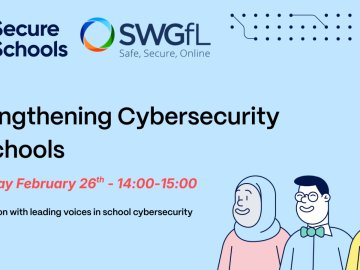In the wake of a terror attack, such as those in London and Manchester, it’s only natural for young people to be upset by the information they may be seeing online and on the news. This may lead to curiosity about the motives that lead to such extreme action and one of the prominent places they will go searching for this information is online.
As we know young people can access a wide range of online content, some of which is not always produced with their best interest at heart. It is important that we, as professionals, support them when they encounter upsetting news stories and provide them with the skills they need to seek out factually correct information and help them to deduce from this rationally. So what can you do to help the young people you support?
Give people time to talk about what has happened:
Help young people to become critical thinkers:
The internet can be used by some as a platform to spread their own message and promote hidden agendas. Be aware of this and be sure to provide young people with the space they need to discuss what they may see.
Report it:
Whilst the internet has many wonderful opportunities for young people, it also has content which can be upsetting, harmful or illegal. Most social networking sites have reporting routes for extremist content. Remember online material promoting terrorism or extremism can be reported to the Home Office anonymously here. You can also report any hate crime to True Vision.
Worried about a young person who seems vulnerable?
Give them the space to talk, try not to be judgemental and listen to what they have to say. Young people often want to explore issues, e.g. talking about politics or religion, this is a positive thing. Keep the lines of communication open and tackle the tricky questions together. If you still have concerns, speak to your designated safeguarding lead about what action to take.
Know where to turn for help:
Make sure young people are aware of what to do if they come across upsetting or extremist content online and ensure that you’re equipped to deal with this. Know what your responsibilities are under the Prevent Duty and where you can seek further advice and support. Refer them to Childline if they have been upset or targeted with any hateful content.
The government’s Educate Against Hate website is a hub of helpful information for all members of the children’s workforce. Remember, there is always someone there to help.
If you’d like support with a specific case please contact the Professionals Online Safety Helpline






